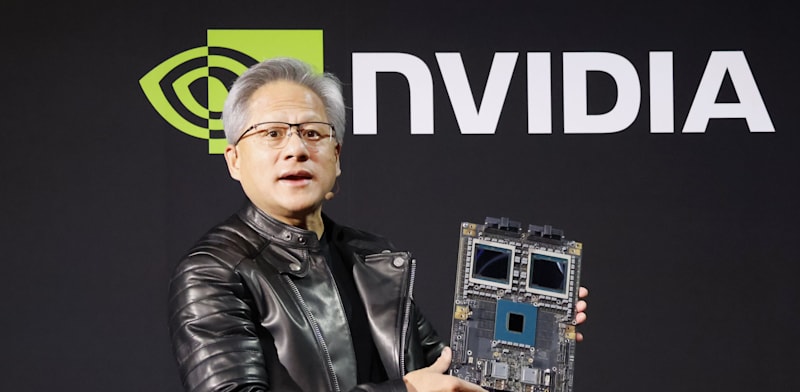In early December, Richard To, the CEO and investment manager of the Singaporean hedge fund company Kenrich Partners, sent a four-page letter to investors.
The news was bad. Kenrich’s Ocular Asia fund, which managed about 50 million dollars, lost 7.9% in November. The bigger picture has been even worse — the fund has lost 35.4% so far in 2024. By comparison — its benchmark, of Asian stocks outside Japan, is up 8.6% this year.
For a page and a half, Tu discusses tariffs, investments and missed opportunities, interspersing references to Donald Trump, Elon Musk and Taylor Swift. And then he got to the point.
“I came to the realization that I’m not good at what I do, but I guess some of you already felt that,” he wrote. “I’m sorry I disappointed you.”
Hedge funds come and go, but few have done so with the kind of pathos and self-flagellation Toh unleashed on his investors (the letter was not signed, but an employee at the fund confirmed that Toh was the writer. He declined, through this employee, to comment beyond that).
“You can say that I missed all the main events in the last two years,” Tu wrote. “I was completely out of sync with the market, I bought when I needed to sell and I sold when I needed to buy. We were defeated several times this year, even though in some cases we made the right move.”
Go against logic
Some of the fund’s investments in artificial intelligence and streaming companies were successful in November. But he explained that some Asian companies were caught off guard by US President-elect Trump’s plans to impose tariffs on imports from Mexico, where many of them assemble AI servers.
Then, he told a story about asking one of his young software engineers about his personal holdings, and why he chose to hold stock in a single company.
“After talking with him about his reasons, which were not many, I told him that we do not invest in the US markets and thatNvidia does not fit any of the criteria on which our approach to looking at companies is based,” wrote Tu. Shares of Nvidia, the chip maker whose graphics processors are an integral part of AI software and applications, have risen more than 180% so far in 2024, to a market value of over 3 trillion dollars.
The software engineer’s other lone holdout in the company? Bitcoin. In response, Tu began mining Ethereum, which did not skyrocket like the leading cryptocurrency.
“I learned from that case that sometimes the best investments are exactly the ones you can’t explain and probably don’t make sense. I also realized I was getting too old,” he wrote.
Closes the horn and goes to rest
Tu is not a well-known name in the capital markets, but it has been involved in the investment field for almost 40 years. According to a biography on his company’s website archives, he founded Kenrich in 1998 after working at Morgan Stanley Asset Management in Singapore.
It is not clear from the letter what dragged the fund’s case down. At the end of November, her second largest holding was in shares of Taiwan Semiconductor Manufacturing (TSMC), which doubled in value in 2024. Her other two largest holdings were in Naver, the South Korean company that owns the search engine of that name, and Sunny Optical Technology, a lens supplier. for Chinese smartphones. None of them went down by the end of November like the portfolio as a whole.
Tu informed his investors that the fund would be closed by the end of 2024. As of the end of November, about a third of its assets were already in cash.
It was not clear from the letter whether Kenrich as a whole is closing, or just the Ocular fund that was established in 2018. Tu said that after distributing the remaining capital, he intends to take a year to rest and “change the way I look at things.”
Please note: The Globes system strives for a diverse, relevant and respectful discourse in accordance with the code of ethics that appears in the trust report according to which we operate. Expressions of violence, racism, incitement or any other inappropriate discourse are filtered out automatically and will not be published on the site.
